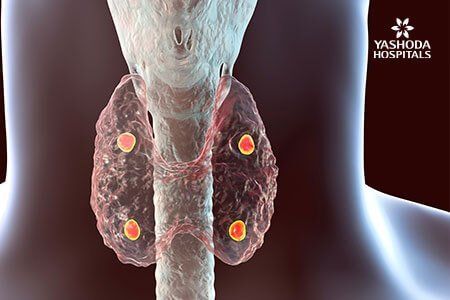Calcium metabolism disorders
Causes, Symptoms, Complications, Risk Factors, Prevention, Diagnosis and Treatment
What is Calcium metabolism disorders?
Calcium metabolism disorders occur either when there is excess or lack of calcium levels in the blood. This inappropriate level of calcium may result in certain conditions such as hypercalcemia or hypocalcemia.





 Appointment
Appointment WhatsApp
WhatsApp Call
Call More
More

